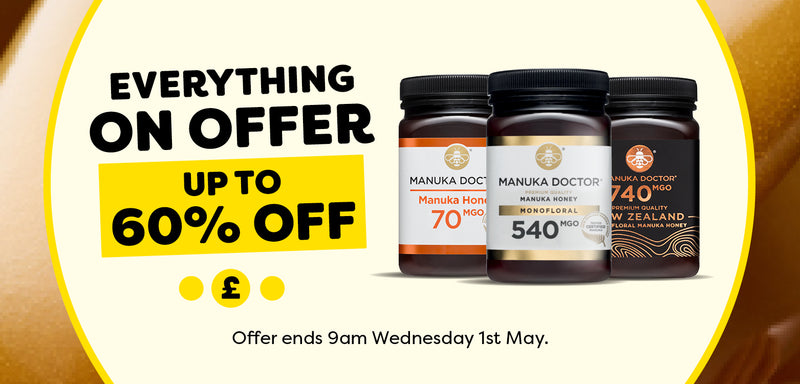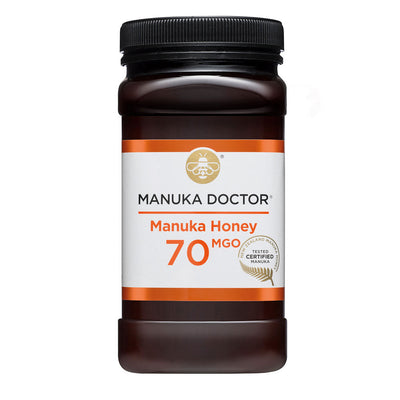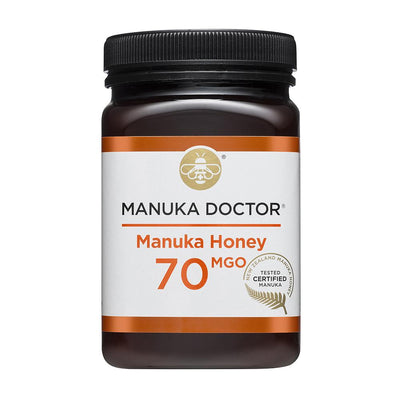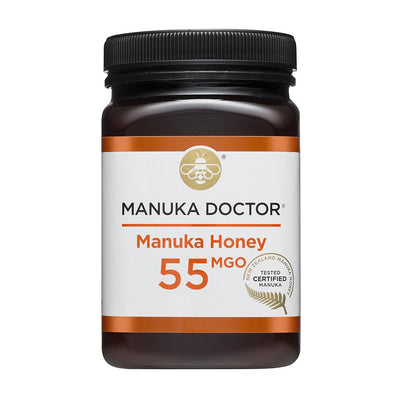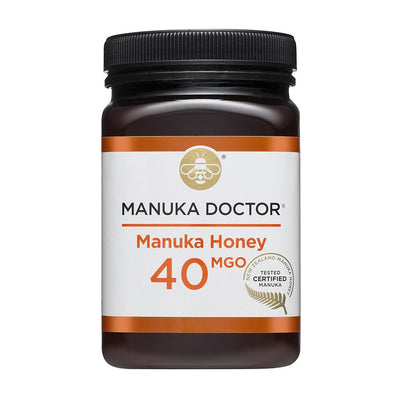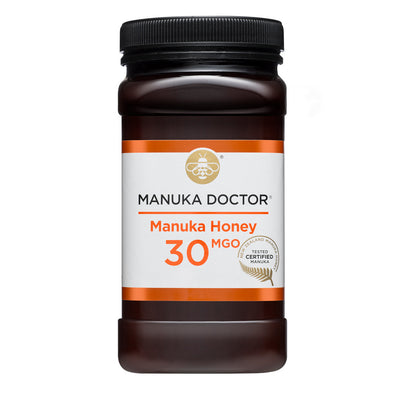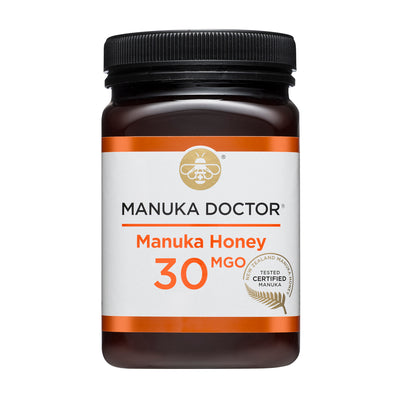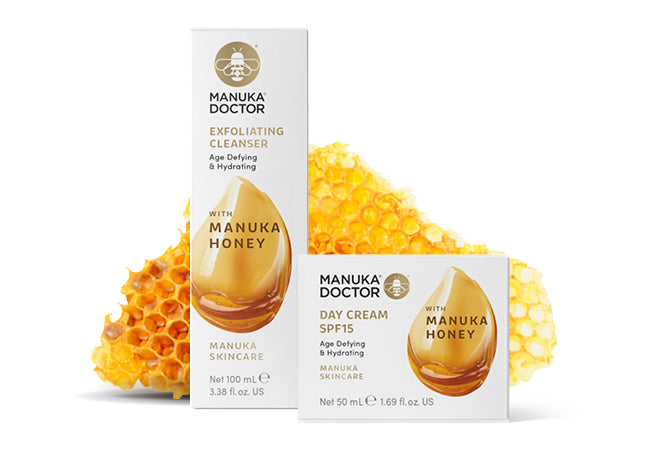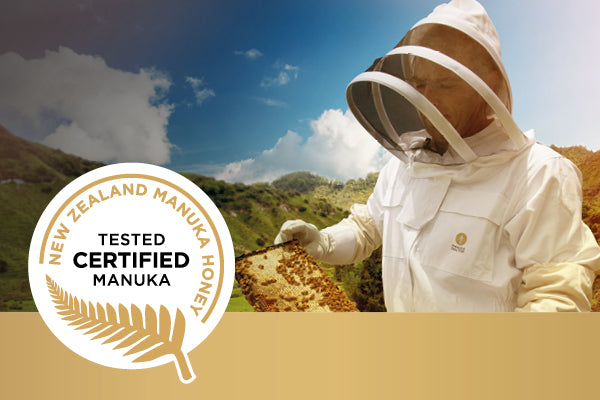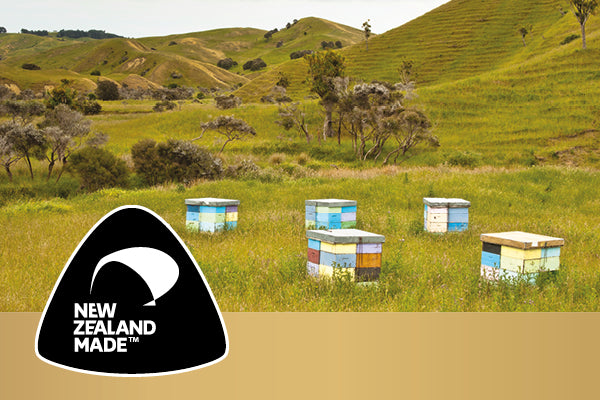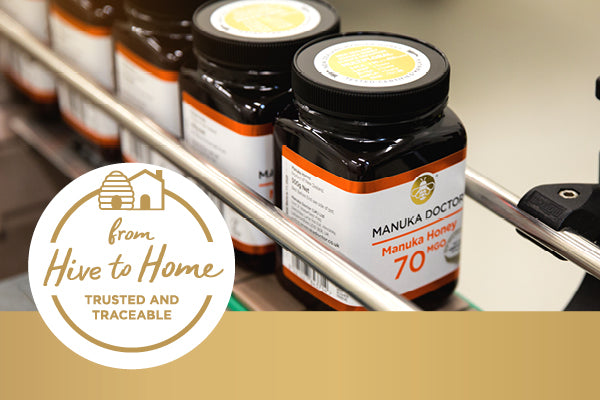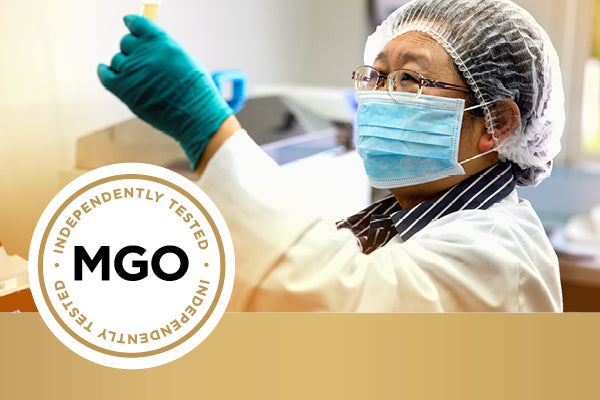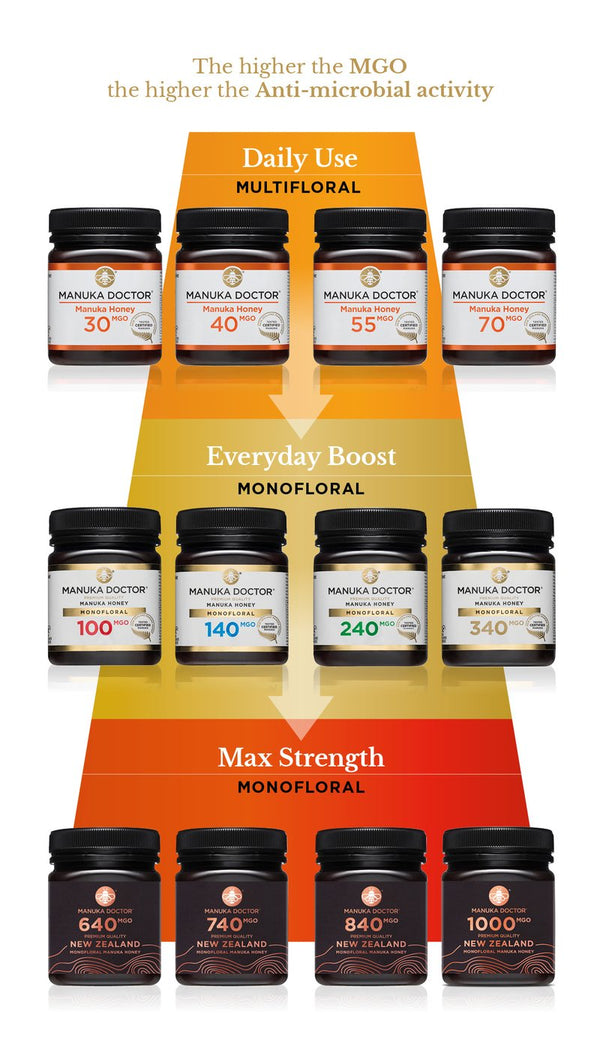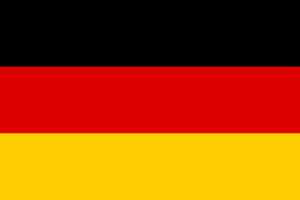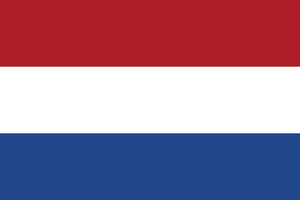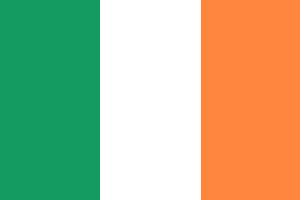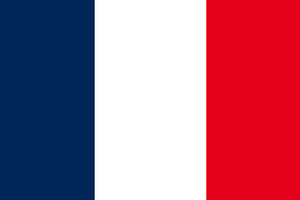Manuka Doctor is a privately owned family company based in Auckland, New Zealand with origins that can be traced back to 1901. We are one of the main exporters of genuine Manuka Honey from New Zealand and the Manuka Doctor brand is sold across the world.
Our base in Leicestershire means we can supply customers in the UK easily and quickly via mail order and telephone, plus we also supply the UK’s biggest health-food chain Holland & Barrett.
Manuka Doctor is proud to be a New Zealand owned company that oversees 60,000 individual bee hives in the North and South islands, spanning over 11,000 hectares of land, all owned by our founder.
This means that we can trace every single batch of honey right back to the hive site where it was created.
And after laboratory testing to ensure purity and strength, we pack every pot of Manuka Honey in New Zealand itself before products are exported to the UK.
Once in the UK, we test every batch of honey a second time at a Government laboratory in York to ensure every MGO rating is true to label before sale.
We call this unique supply chain trusted and traceable from Hive to home. Learn more about where Manuka Honey comes from here.



